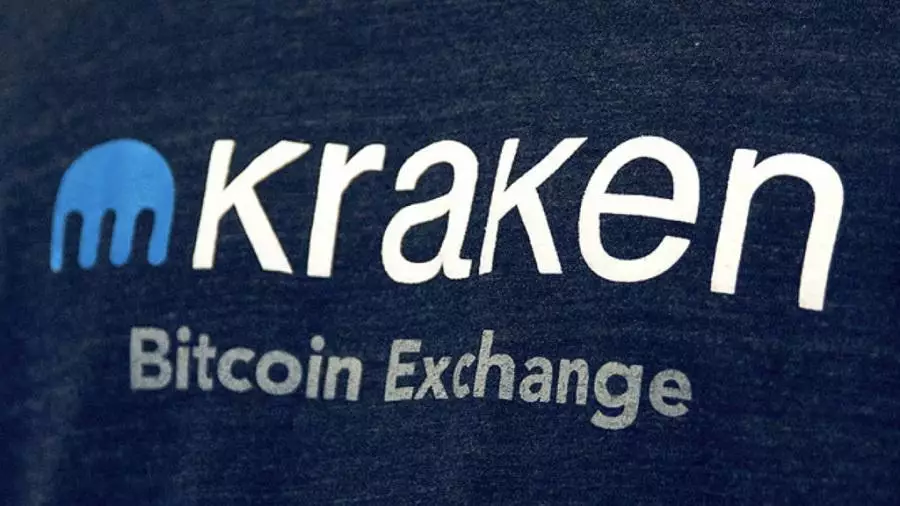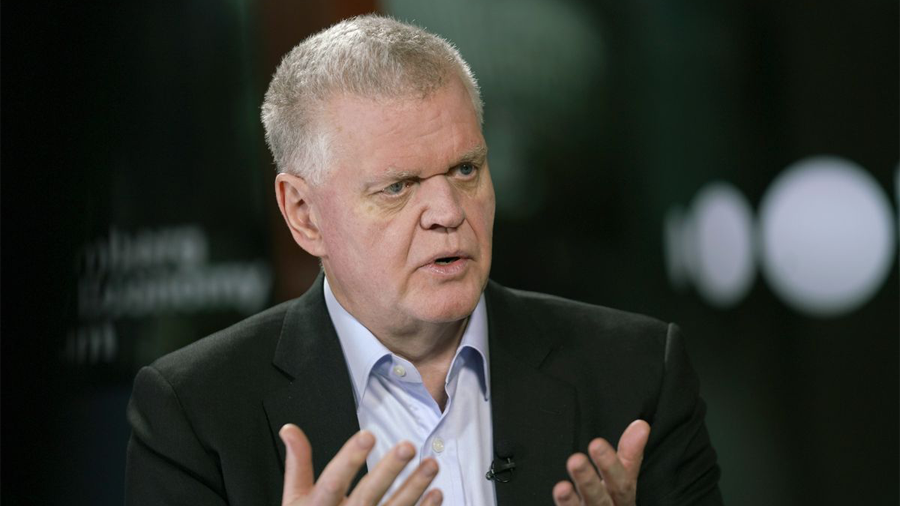US President Joe Biden took office with a series of economic plans to better position the country to compete on the world stage and boost a job market ravaged by the pandemic. After ten months in office, the Democrat faces a new set of economic challenges.
The number of Americans seeking unemployment insurance fell to its lowest level in 52 years last week, available jobs are near record levels and consumer spending is on the rise. But these positive economic advances were complicated by bottlenecks in the supply chain and the highest inflation in three decades.
Now Biden is racing to show the public that he is acting to address rising prices and bottlenecks amid growing anxiety among some of his advisers about the political fallout ahead of next year’s midterm elections.
The president has instructed his most senior economic advisers to focus on the issues, White House officials said, setting up an internal task force that tracks granular data, such as how many containers have stopped at the country’s ports and how long they have been there.
The Biden administration has limited options to slow rising prices and ensure products are delivered on time, economists and outside analysts said. Many economists are skeptical that ongoing efforts by the White House, including freeing up oil reserves and encouraging ports to operate longer hours, could significantly change the short-term inflation trajectory.
“They don’t have any fantastic policy tools at their disposal” to deal with the drivers of high inflation, said Josh Bivens, research director at the left-leaning Economic Policy Institute.
There are several causes for the increase in inflation. The delta variant of the coronavirus has prolonged imbalances that the White House and many economists hoped would alleviate. Factories and ports abroad closed, limiting the supply of goods when Americans had the money to spend. Meanwhile, many Americans are reluctant to return to work, and others face persistent restrictions on childcare, causing labor shortages.
Extremely low interest rates, reflecting Federal Reserve (Fed) policy, and several rounds of government stimulus are contributing to expanding demand for goods. Strong demand and limited supply are a recipe for inflation.
Reference: CNN Brasil
I am Sophia william, author of World Stock Market. I have a degree in journalism from the University of Missouri and I have worked as a reporter for several news websites. I have a passion for writing and informing people about the latest news and events happening in the world. I strive to be accurate and unbiased in my reporting, and I hope to provide readers with valuable information that they can use to make informed decisions.






